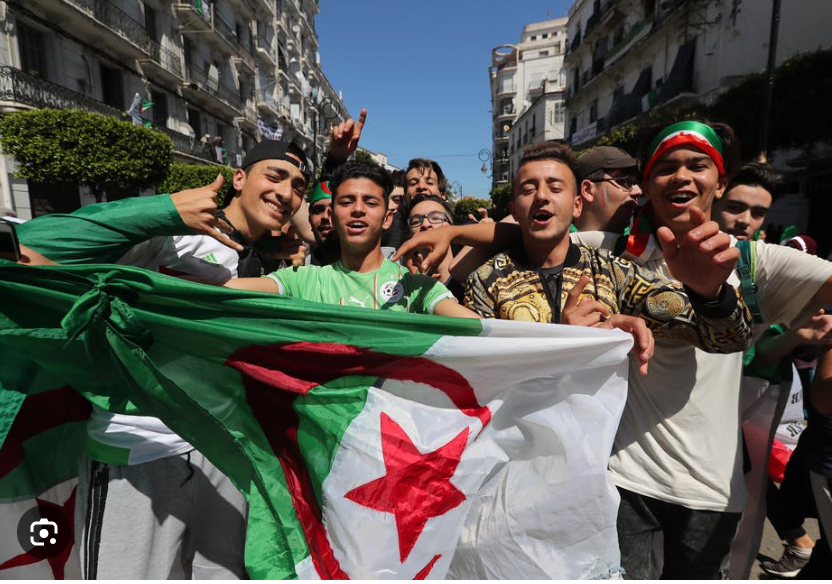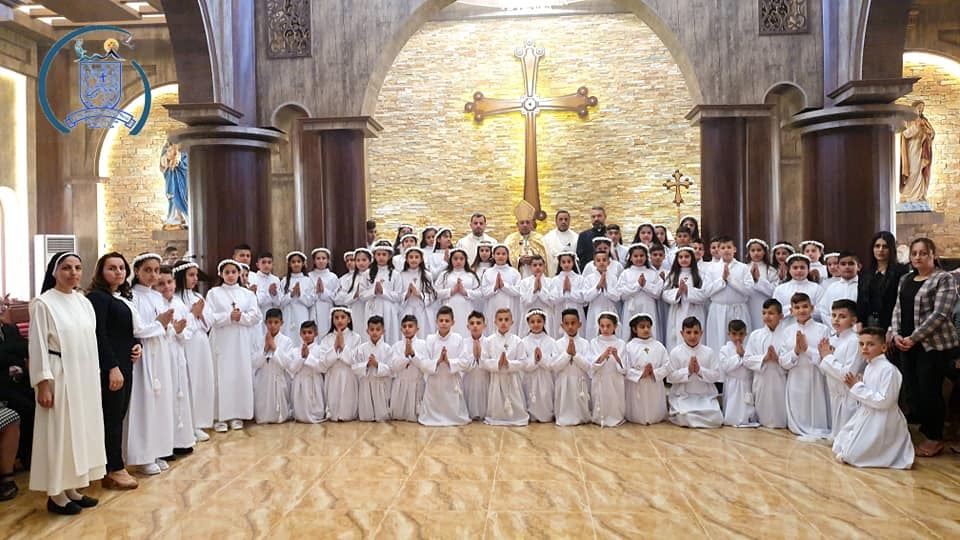A Journey Through Egypt Beatrice Pistola Ellen Aylmer Visiting the South of Morocco Beatrice Pistola Tayeeba Ahmed A Weekend in the Jordanian Capital Tayeeba Ahmed Tayeeba Ahmed (Images 1&2) and Rebecca Cleere (Image 3) Walks Around the Tunis Medina Tayeeba Ahmed Beatrice Pistola
Continue ReadingMonth: November 2023

Race in Colonial North Africa and its Modern Legacy
Alex Vilarin “Race” as a concept has been used for centuries as a manner with which to differentiate and subjugate populations around the world. Othering people based on racial markers, who look slightly different and practice unfamiliar customs, begins a process of dehumanisation, where no common ground can ever be reached because of how different…
Continue Reading
Nation Building at a Cost: Examining the Relationship between 20th Century Islamic Feminist Movements and Postcolonial Nation Development in the Middle East
Alex Nagin As colonial powers gradually departed from the Middle East during the latter half of the twentieth century, the soon-to-be nations of the region were tasked with building a national story. While the roles that Muslim women played in Middle Eastern society varied somewhat across the region, their female identity was one of the…
Continue Reading
Conquest and Conversion: The History of Egypt’s Religious Conversion After the Arab Conquest
Mohamed Aharchi The conversion of Egypt to Islam came about as a result of the Arab conquest in the early to mid- 7th century AD. While the conquest happened quickly, the religious conversion itself was not instantaneous. Rather, there were waves of conversions that ultimately led to the complete conversion of most of Egypt’s population….
Continue Reading
Interrogating Personal Status : How and Why the State Co-opts Religious Law
Freya Coogan In this essay I examine Personal Status Codes (that relate to marriage, divorce, custody, inheritance, nationality and paternity in Morocco, Tunisia and Lebanon) as cultural articulations of patriarchy. My first claim is that religious law is not a substantial basis from which to legislate for Personal Status Codes (PSC). My second claim is…
Continue Reading
The Role of Religion in Political Discourses in Algeria from its Colonisation to its Democratisation
Douce d’Andlau According to the U.S. government, the total population of Algeria is estimated at 41.7 million (July 2018 estimates), of which more than 99% are Muslim. Islam has historically had a major influence on Algerian politics and society and is therefore intrinsically associated with Algerian ‘Arab-Islamic’ identity. Located in the heart of the Maghreb,…
Continue Reading
The Crisis of the White Christian Identity and Its Role in Modern- Day European Islamophobia
Faye Madden According to Cambridge Dictionary, an identity crisis is defined as “a feeling of being uncertain about who or what you are”. With the rise of globalization and mass immigration worldwide, the issue of certain populations suffering from “identity crises” has become more prevalent in the political landscape, particularly in the West. In the…
Continue Reading
Intersections of Islamism and Patriarchy in Woman at Point Zero
Beatrica Pistola Woman at Point Zero is a novel written by Nawal El Saadawi published originally in Beirut in Arabic in 1973. This novel is based on the author’s meeting with Firdaus, a female poisoner in the Qanatir Prison before her execution. This first person’s account of the prisoner’s life explores, through Firdaus’ experiences, the…
Continue Reading
“There is no short of ugliness in the world”: Politicising Illness in Forugh Farrokhzad’s The House is Black
Shaadi Iris Ghorbani Forugh Farrokhzad’s The House is Black begins with a statement of purpose. Preceding its 22- minute runtime, viewers are faced with black opacity and a warning that they are about to witness “An image of ugliness. A vision of pain no caring human being should ignore” (The House is Black). The darkness…
Continue Reading
Did the Rise of Islam and Islamism after 1967 Mean that the Arab project for Modernity had Failed? via. Hisham Sharabi’s 1988 Neopatriarchy
Ellen Aylmer Prior to 1967, the Arab world had been attempting to make strides towards a modern society, in their own project for modernity. Many societies in the Arab world were becoming increasingly secular and capitalist, hoping to emulate the supposedly modern West. It appeared to many that modernity, as they saw it, was just…
Continue Reading
